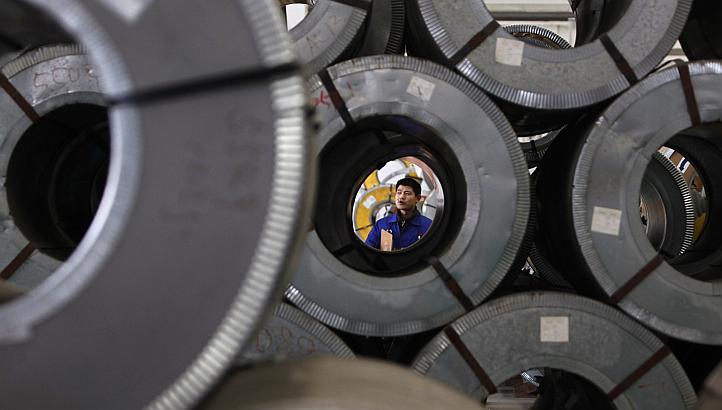China has introduced new regulation that allows international investors to trade in selected commodities, a step which marks another landmark on the way leading towards a wider opening of the country’s burgeoning commodity market to foreign traders. The main reason behind this move is Beijing’s struggle to increase its influence on global commodity prices. China, the world’s biggest consumer of raw materials, has one of the most liquid commodities markets despite the fact that the government restricts foreign participation and currency flows, which prevents the deals from having a global impact and prominence.
The draft rules that were published by the China Securities Regulatory Commission (CSRC) on the last day of 2014 cover operational procedures, cross-border legal supervision, and the number of futures contracts to be opened to international investors. The CSRC said the Shanghai Futures Exchange’s crude oil futures would become the first contract accessible to qualified foreign investors who will be able to participate via approved overseas or local brokerages. Investors can also apply for direct trading licences with the bourse. However, the Commission did not specify which other Chinese futures contracts would be accessible to international players.
Foreign companies currently do not have full access to China’s quickly growing commodities markets. Firms are only allowed to trade via intermediaries, such as brokers, after establishing a locally registered business unit. Setting up such a unit, however, requires a lot of capital. Analysts agree that this step will help China develop the sector and influence international commodity prices. Beijing’s decision to open up for investment in commodities is yet another step in the long-drawn-out process of liberalisation of financial markets.




